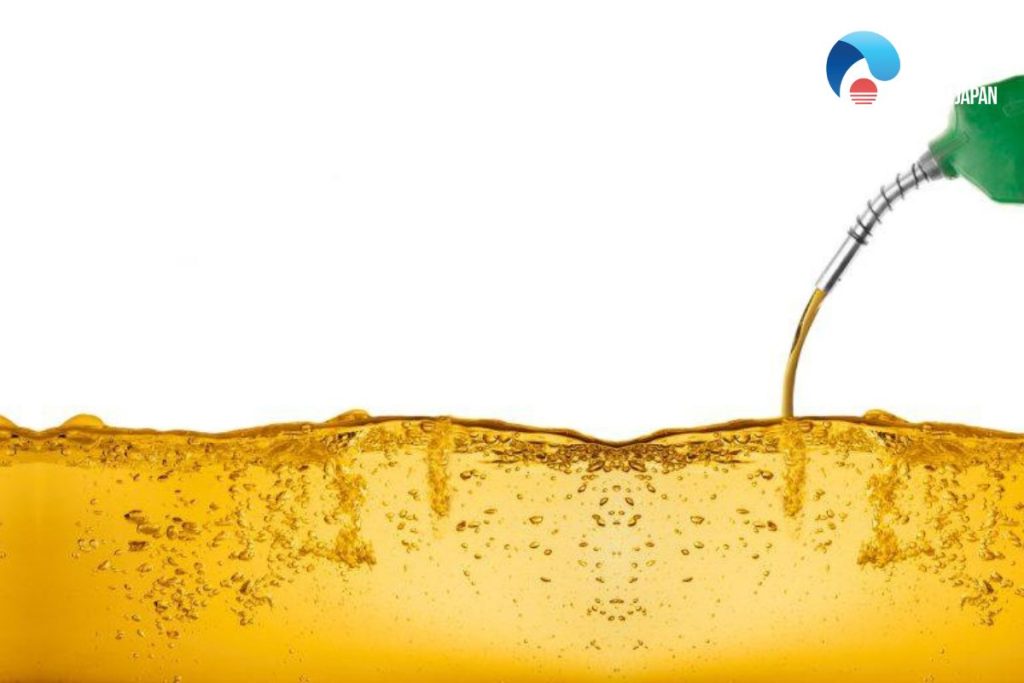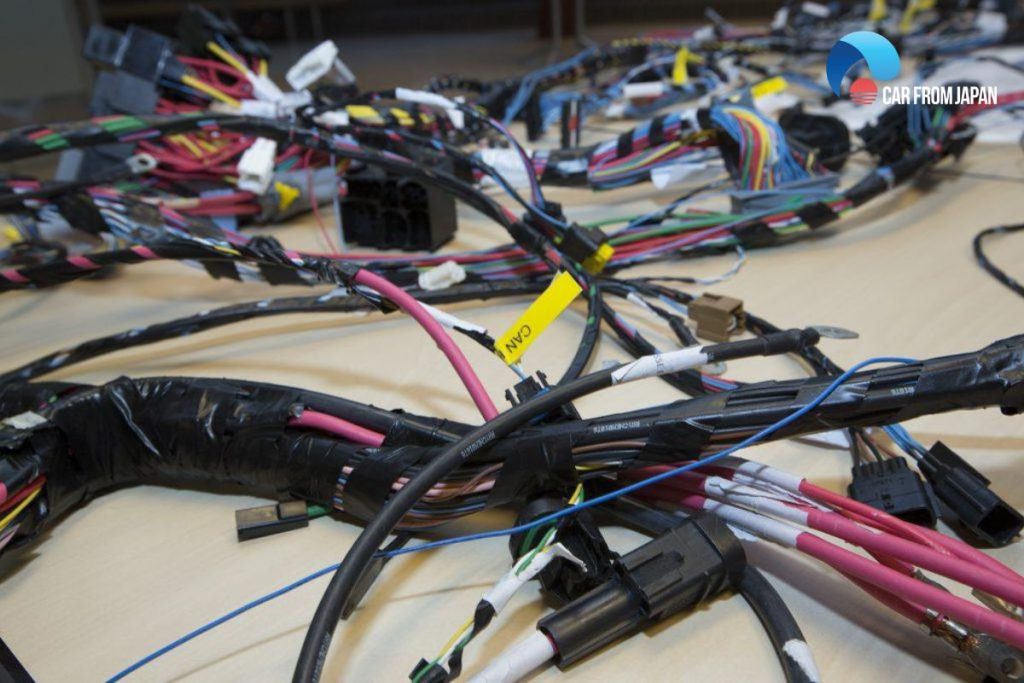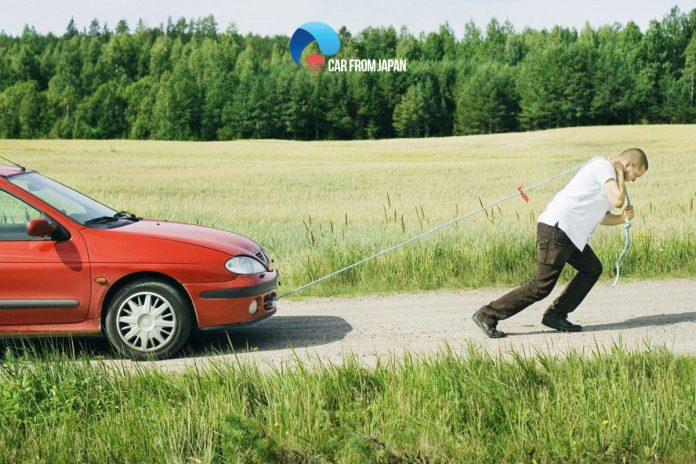Car stalling does give a bit of a scare after starting or while a person is driving. Encountering this problem on a highway or in traffic can land anyone in a dangerous situation like a car accident.
Therefore, it is essential to follow certain maintenance tips that can avoid such issues and mishappening. In this regard, firstly let us explore why car stalls after starting!
Contents
- What Causes a Car Stall After Starting?
- FAQs on Car Stalls After Starting Problems
- Why does my car stall only on cold mornings but runs fine later in the day?
- Why does the car start, stall instantly, and then restart fine on the second try?
- Why does my car stall after starting only when the AC is on?
- Why does my car stall only after refueling?
- Why does my car stall when cold but never when hot?
- Is it dangerous to keep cranking and restarting a car that stalls immediately?
- Final Words
What Causes a Car Stall After Starting?
While going to the office or on a long trip, people rely on their vehicle with the belief that they will reach their destination without confronting any interruption or hindrance.
However, this faith in the vehicle disappears, when the engine stalls while driving. There are ample vehicle problems that cause stalling.
Inappropriate air supply
For engine combustion, an adequate supply of filtered air along with the fuel is necessary. 15 parts of air is required for 1 part of gasoline.
Therefore, if the engine doesn’t get enough air supply through the Manifold Air Pressure Sensor then, this would cause the engine to run on over-fuel.
Or, if the supply of air is high, the engine would run too slow. Thus, both conditions are responsible for causing the engine to stall.
Poor fuel quality
The supply of poor-quality fuel can cause the inefficient combustion process of the engine. This occurs because of the water or certain other contaminants present in the fuel.
Consequently, the spark plug isn’t able to ignite the fuel in the engine causing the car to stumble. Moreover, if ignored, it can become a major cause of misfire in the vehicle.
Moreover, a lack of fuel or inconsistent fuel delivery can cause the engine to stall. It could be due to a clogged fuel filter, a malfunctioning fuel pump, or a problem with the fuel injectors.

Dead or bad car battery
People believe that the car would not run if the car’s battery were dead. However, the reality is, if the car battery turns bad then, it can increase the risk of car stalls after starting.
This may occur because the alternator working too hard to keep the engine running. As the battery won’t be able to generate enough power for the engine to start. So, this would add more stress to the engine resulting in the car stalling out.
Or, if the battery terminals are not cleaned or have corroded then also, the battery won’t be able to supply enough voltage to the electrical system of the car.
This may further lead the intermittent or short-out problems with the battery, if not charged or replaced, in a timely.
Electrical wiring problem
Vehicles these days have a modern control system. From air-conditioning to engine control, every other communication between the vehicle modules takes place via this wiring system only.
So, if these wires are not connected properly or start corroding then, it indicates the help required of a trained technician.
Otherwise, the engine may stall, as the system’s modules won’t be aware of each other’s activity.

Bad starter
This is also one of the common causes of a car engine starting but stalling. Before the starter is damaged to the point where the engine shuts off shortly after starting, there are usually signs.
Specifically, if you turn the key off, leave the headlights on, and then turn them to the AC/on position and see the headlights dim, you need to repair or replace the starter immediately.
See More: Factors Affecting Car Handling and Its Improvement Tips
Ignition problem
If there is no ignition, your car certainly cannot start. Because, for a car engine to operate, it needs fuel, spark, fuel compression, and time. When there is no spark, the fault is usually with the spark plug or igniter.
To start your car, the ignition must also be at the right time with enough voltage. Therefore, when the car begins to weaken or has difficulty starting, it is a warning sign that you should check the spark plug or ignition timing.
Air intake problems: If there are obstructions or malfunctions in the air intake system, it can disrupt the proper air-fuel mixture required for the engine to run smoothly. This can cause stalling upon startup.
Idle control valve
A malfunctioning idle control valve may not be able to regulate the idle speed correctly, resulting in stalling after starting the engine.
Sensors and electrical issues
Various sensors, such as the Mass Airflow Sensor (MAF) or the Engine Control Unit (ECU), play a crucial role in the engine’s performance.
If any of these sensors are faulty or if there are electrical issues, it can lead to stalling.
Vacuum leaks
Leaks in the vacuum system can cause an imbalance in the air-fuel mixture, resulting in stalling. Common sources of vacuum leaks include cracked hoses or a malfunctioning intake manifold gasket.
Watch this video from to learn more about car starts and stalls immediately!
FAQs on Car Stalls After Starting Problems
Why does my car stall only on cold mornings but runs fine later in the day?
Cold starts demand richer fuel and stronger ignition. A weak coolant temp sensor, dirty idle air control valve, or failing fuel injector may only show symptoms in the morning chill.
Why does the car start, stall instantly, and then restart fine on the second try?
This may point to fuel pressure bleed-down (leaky injectors or bad fuel pump check valve) that needs a second crank to rebuild proper pressure.
Why does my car stall after starting only when the AC is on?
The extra load from the AC compressor at idle can overwhelm a weak idle control system or dirty throttle body, causing stalling right after startup.
Why does my car stall only after refueling?
This may indicate a faulty EVAP purge valve. Fuel vapors rush into the intake after refueling, creating a too-rich mix that kills the engine.
Why does my car stall when cold but never when hot?
Cold engines rely on sensors like the intake air temp and coolant temp to enrich fuel.
If either sensor is faulty, the car can stall until the engine warms and compensates.
Is it dangerous to keep cranking and restarting a car that stalls immediately?
Yes. Repeated attempts can flood the engine with unburned fuel, foul spark plugs, or overheat the starter motor.
Final Words
Hence, knowing about these common car stalls after starting problems, anyone can now keep a check on their vehicle’s status.
And, if required, can take it to the trained technician for resolving the problem before it causes the engine failure.



